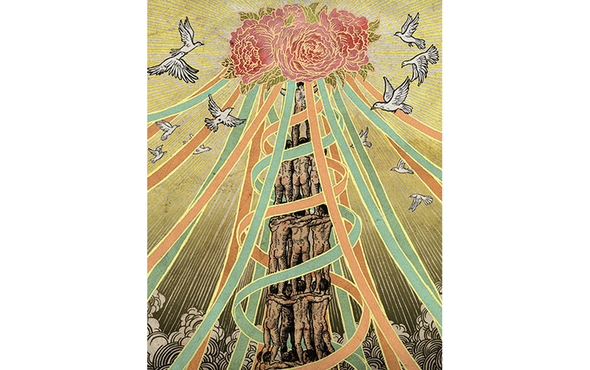The Origins of Human Morality
How we learned to put our fate in one another’s hands

- Seeds of human morality were planted some 400,000 years ago, when individuals began to collaborate in hunting-and-gathering exploits.
- Cooperative interaction cultivated respect and fairness for other group members.
- Later, growing population sizes cemented a sense of collective group identity that fostered a set of cultural practices and social norms.
If evolution is about survival of the fittest, how did humans ever become moral creatures? If evolution is each individual maximizing their own fitness, how did humans come to feel that they really ought to help others and be fair to them?
There have traditionally been two answers to such questions. First, it makes sense for individuals to help their kin, with whom they share genes, a process known as inclusive fitness. Second, situations of reciprocity can arise in which I scratch your back and you scratch mine and we both benefit in the long run.
But morality is not just about being nice to kin in the manner that bees and ants cooperate in acts of inclusive fitness. And reciprocity is a risky proposition because at any point one individual can benefit and go home, leaving the other in the lurch. Moreover, neither of these traditional explanations gets at what is arguably the essence of human morality—the sense of obligation that human beings feel toward one another.
No comments:
Post a Comment